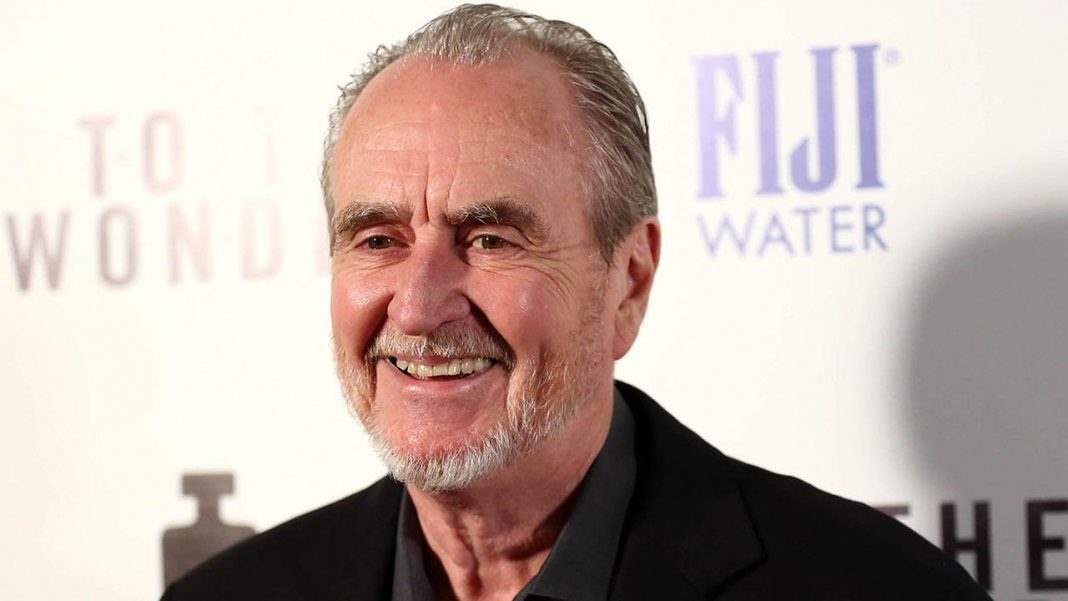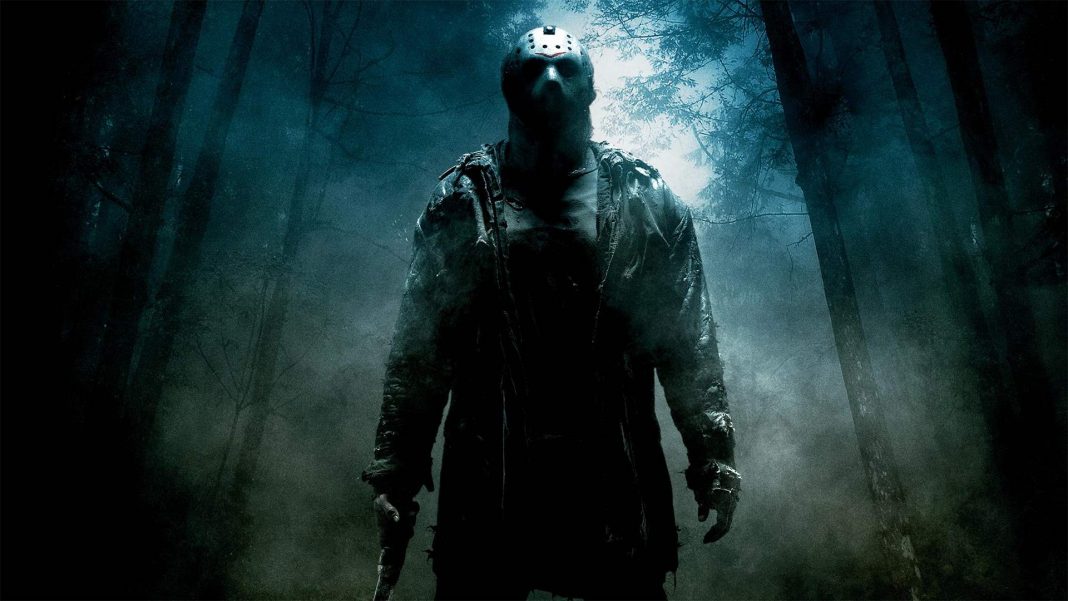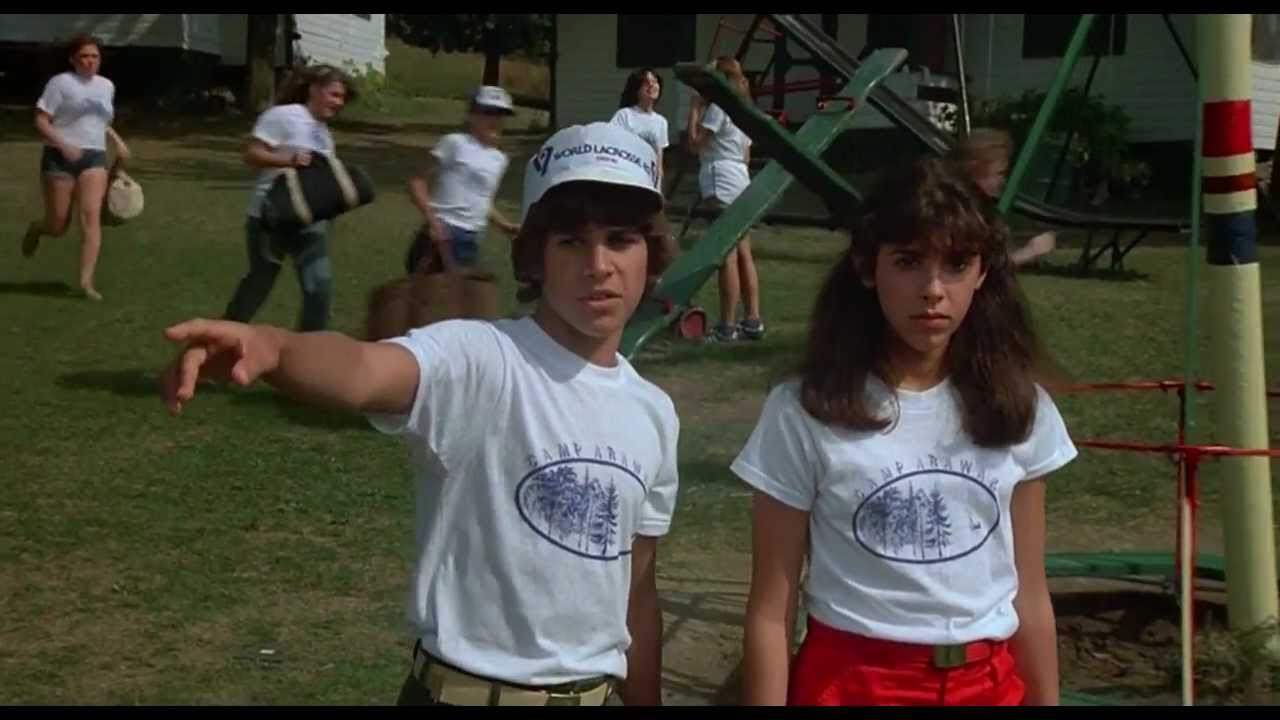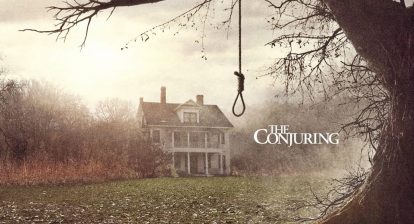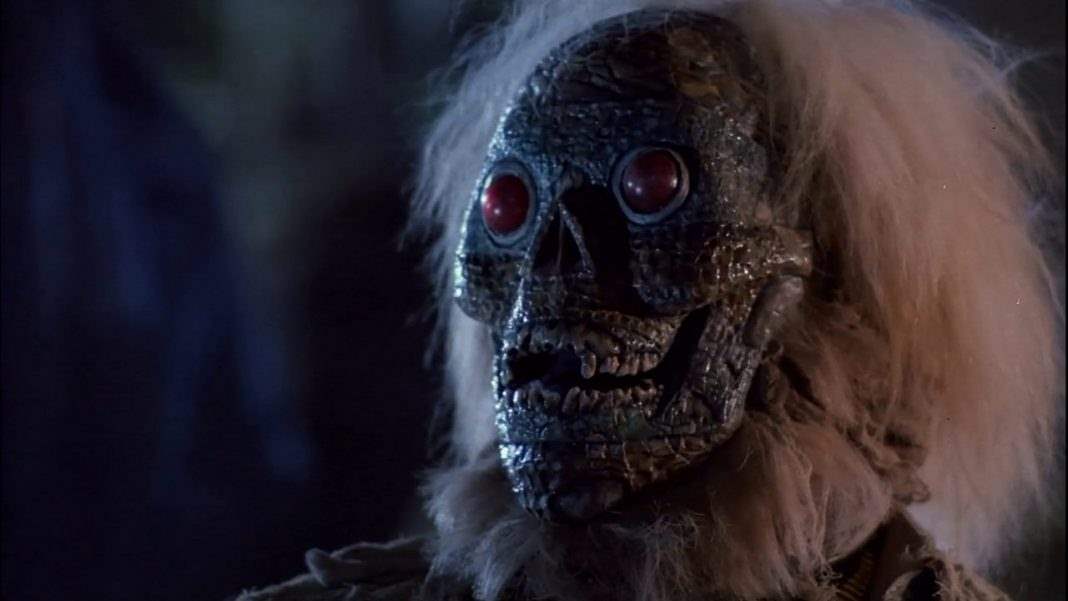Everybody starts somewhere, even your favorite horror directors. Getting into the industry is an incredibly hard thing to do. Nobody becomes a director, writer, producer, or scores any major position in the entertainment industry overnight. It’s an incredibly competitive, complicated business that’s as hard to make a living at as it is to get into. You’d have to be crazy to even want to try.
Lucky for us, there are a lot of crazy people in the world, and a lot of talented ones at that. Some of our favorite filmmakers always knew what they wanted to do, some kind of found their way as they went along. None of them stumbled into the field by accident and I would imagine all of them thought about making movies before they actually did.
But all of them became impressive creative forces who helped to define the genre. All of them earned the title of master of horror, both from their filmography and the work they put in to get there.
Wes Craven was a college professor
This one is sort of well known, but it still fascinates me. It actually makes so much sense if you look at his movies because the late Wes Craven was such a thoughtful filmmaker. There’s so much knowledge of story and character, and so many thematic elements that it should come as no shock that Craven was an English professor before setting his sights on the film world, where he started out as an editor, cutting adult pictures before finally getting the opportunity to make his own feature with The Last House on the Left.
 John Landis worked as a mailboy at 20th Century Fox
John Landis worked as a mailboy at 20th Century Fox
Landis worked his way up the ladder in the film industry and most aspiring directors are recommended to do the same. He started out in the mailroom, then worked his way up to a “go-fer” which is a general industry term for what’s basically considered to be a production assistant. He still worked hard and made connections, soon directing his first low-budget movie Schlock! in a monkey suit as he also played the titular character.
 Dario Argento was a film critic
Dario Argento was a film critic
Argento has an intimate knowledge of film on a technical level. He began his career in the business as a writer, so he knows story as well. Although he often takes a less linear approach in his own features.
Before he ever made a film or wrote a script, he was a critic. That, I think, helped him. He was a writer who worked out of a pure and passionate love of cinema—the way we all do, I’d like to think.
 Alfred Hitchcock worked as a draftsman for an ad company
Alfred Hitchcock worked as a draftsman for an ad company
If you think about Hitchcock as a person, and as a general personality, this makes perfect sense. If you ever watch Alfred Hitchcock Presents he has a good-natured, sarcastic disdain for advertisements. It’s a feeling that stems from the fact that he worked in that area before making it big as a director. He served as a draftsman, doing technical drawings, which also makes sense because of how often he stated that the most important part of a film was the storyboarding process, and that once that was done he felt the feature—in his eyes—had already been shot.

Stuart Gordon made political plays
The late Stuart Gordon was a theatre and stage director before making his first feature film, Re-Animator. One of his early plays, The Game Show, was an intense audience participation play designed as an attack on apathy. He also directed a political version of Peter Pan that led to both Gordon and future wife Carolyn being arrested for obscenity. The play was a protest against the war in Vietnam and the news of the arrest made national headlines until the charges were dropped.
 Roger Corman was an engineer for four days
Roger Corman was an engineer for four days
The biggest king of B-Movies we will probably ever have, Roger Corman, almost took a much more traditional path. Having studied industrial engineering at Stanford, Corman naturally took a job in that field after graduation. He worked at U.S. Electrical Motors for a total of four days before telling his boss, “I’ve made a terrible mistake.” He then went to work for 20th Century Fox in the mail room and worked his way up from there. The moral of the story seems to be: If you want to make it, go work in the mail room at 20th Century Fox.
 Clive Barker ran a theatre company
Clive Barker ran a theatre company
The Dog Company is an admitted point of fascination for me. It was a creative movement that brought together a bunch of people in their early 20s. This was Barker’s first big creative showcase for an audience. Many of the original plays he wrote for the company are available in print and are still being performed today. With the company, he worked with Doug Bradley, Nicholas Vince, Simon Bamford and Peter Atkins, all of whom would be crucial to his eventual film career.

Featured Image Credit: Matt Sayles/Invision for Fiji Water/AP Images
